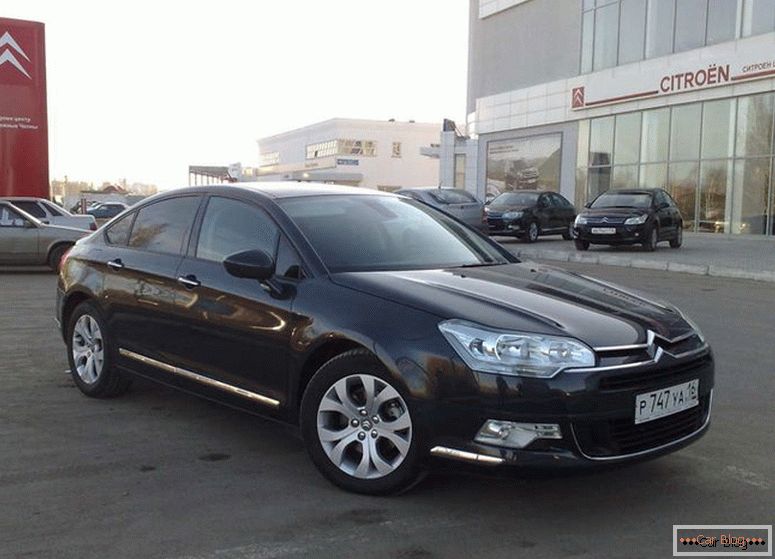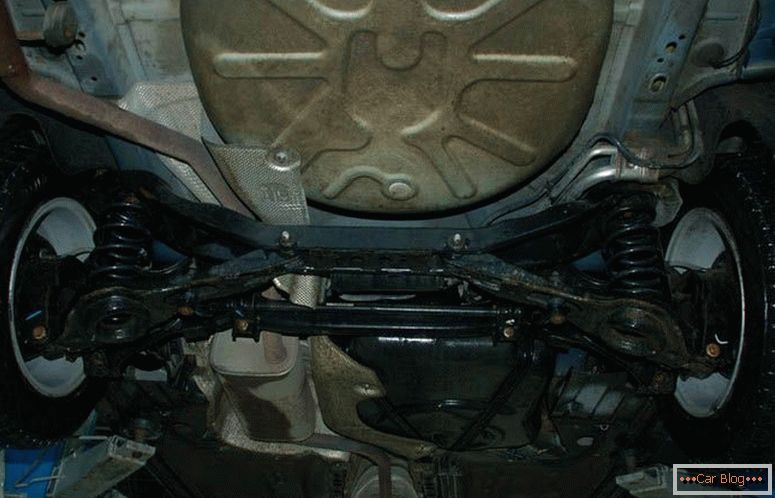>
The dispute of motorists about which type of engine for vehicles is better, has lasted for several decades. On the issue of choosing a car engine, two opinions can be distinguished - one in favor of the gasoline engine, the other - in diesel.
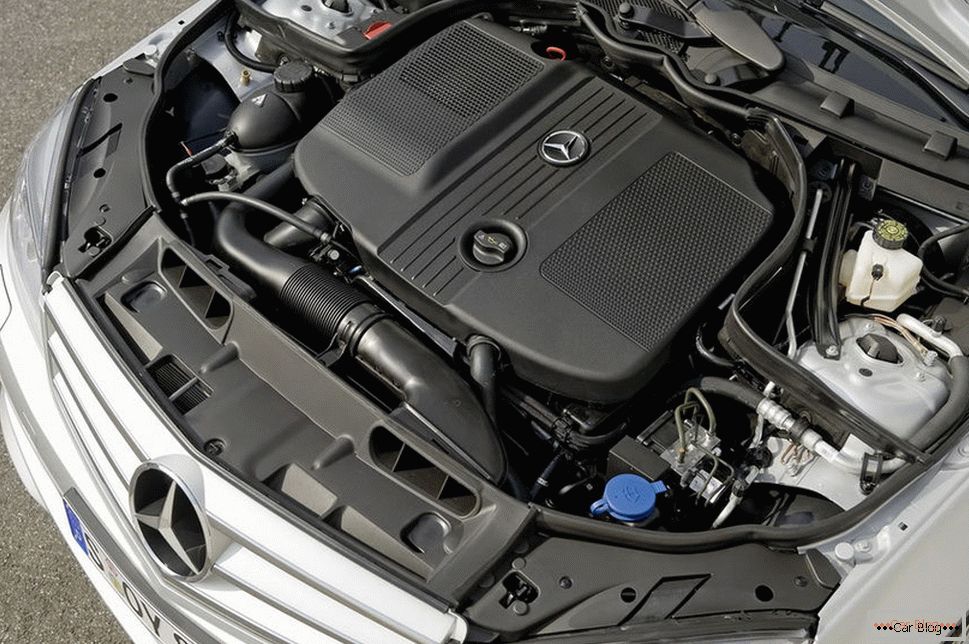
Diesel engine of a Mercedes Benz car
In fact, the truth is not so straightforward. Both types have their own characteristics, advantages and disadvantages, which allow the engines to serve each for its own purpose. The motors have almost no common features, because of which it is impossible to choose an option that will be universal in any situation. Comparison of engines is not needed to resolve the eternal dispute, but so that drivers who are to buy a car can choose the option that suits them best.
Читать далее о том, какой мотор лучше - дизельный или бензиновый-->В России бензиновые двигатели распространены намного больше, чем дизельные. У этого есть ряд причин. В первую очередь, сделать объективный выбор зачастую мешает стереотип, что двигатель на «тяжёлом» топливе подходит только на крупные транспортные средства, которые использовались в сельском хозяйстве, перевозках, государственных учреждениях и в военных целях. Несмотря на то что грузовики, тракторы и прочая тяжёлая техника действительно оборудуются дизельным двигателем и по сей день, это не делает спектр его применения узким. Кроме того, даже в советское время дизель использовали Нива, Волга, Москвич и прочие машины (некоторые из них были предназначены только для экспорта).
Another reason for the weak spread of diesel engines in Russia is their late appearance on the mass market, rather than gasoline. Most of the motors that used "heavy" fuel, were much inferior in development to their counterparts until the nineties. The breakthrough, made in the technology of production of diesel engines, allowed to oppose them to gasoline - modern engines that have different purposes, arising from their advantages.
Thus, in our time, the choice between the two types of engines is solely on the features of each of them. The time when diesel engines were smoky, noisy and toxic. Carried out by modern technology, they are also not inferior to gasoline in agility and controllability.
Comparison of gasoline and diesel engine
Many drivers buying a new car are wondering which type of fuel is preferred for use. An unequivocal solution to the situation does not exist, since literally the only feature of both types of engines is the internal combustion system. Thus, gasoline and diesel engines differ in all parameters from the device to operational characteristics.
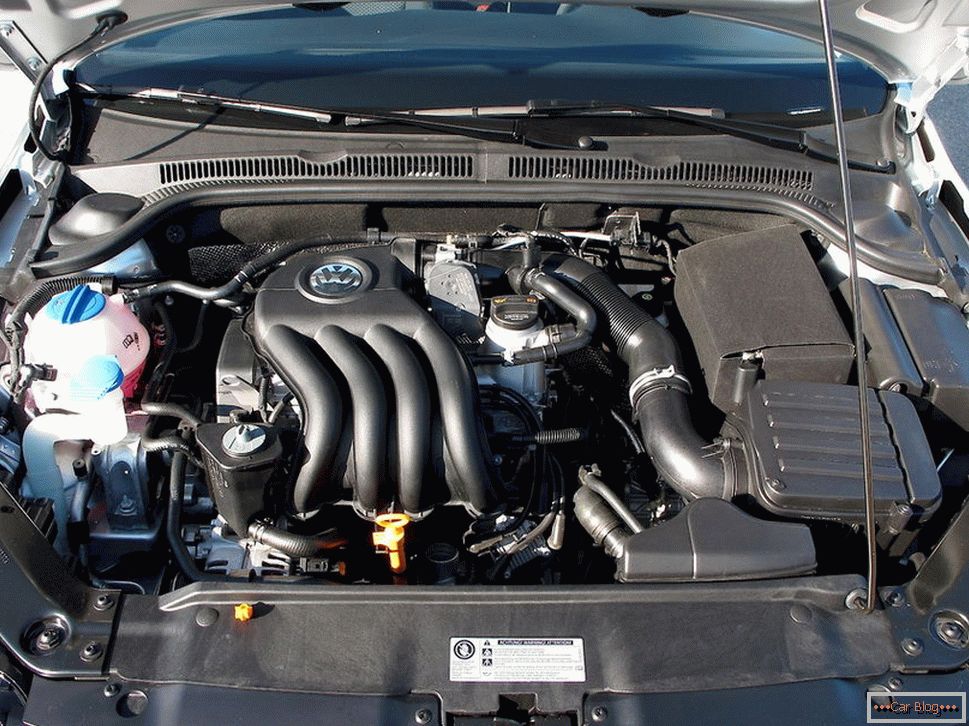
Car with gasoline engine
When comparing it is necessary to take into account that certain advantages and disadvantages are relevant only when driving in a particular area. Choosing the type of motor, you need to consider its parameters for a particular country. Thus, operation in the CIS is significantly different from driving in any other area.
Road performance
Comparing gasoline and diesel engines that do not have compressors, the second one shows itself much better in terms of power density. This is explained by the law of physics, according to which gasoline provides more energy when burning. This, in turn, directly affects the dynamics of the car. The situation changes radically when each of the motors is equipped with a compressor, also known as a turbocharging system. A turbocharged engine that runs on diesel fuel far exceeds that of a gasoline engine. The system provides a more complete combustion of the amount of fuel, which indicates a higher efficiency, and most importantly - a gasoline engine.
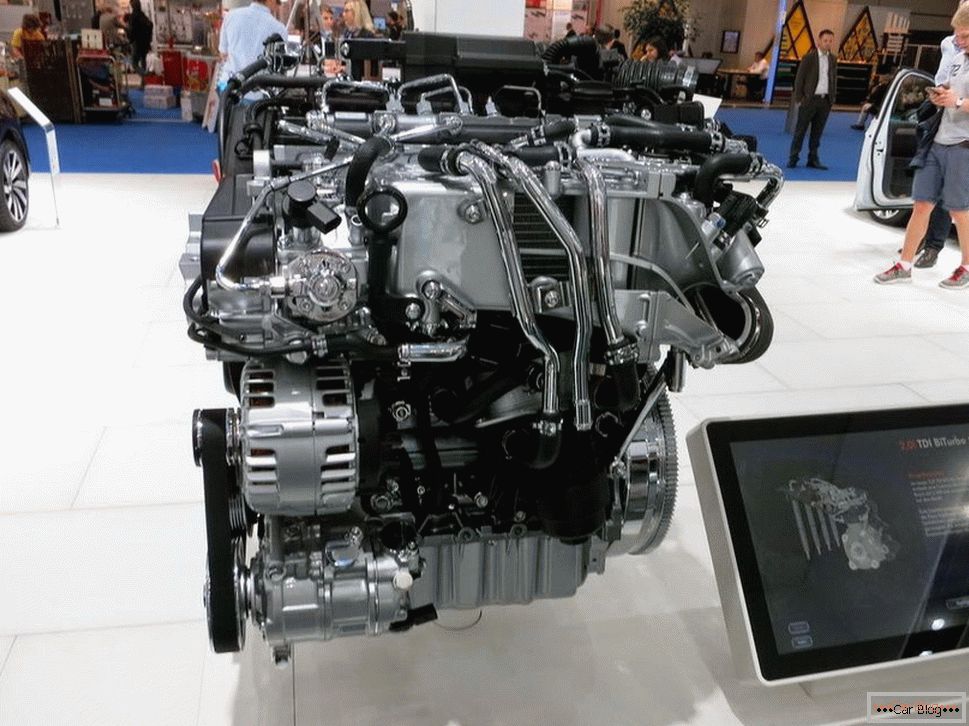
Modern turbocharged diesel - 2.0l TDI BiTurbo
It should be borne in mind that the engine power is not the only parameter that affects the dynamics of the car. For example, the speed of acceleration of the machine rather depends on the torque. This figure is more developed in the diesel engine, which led to the high popularity of the BMW M series - sports cars equipped with three-liter diesel units with turbochargers. Units of this volume are not inferior in dynamism of multi-liter petrol.
The combustion coefficient in a diesel engine for a car is about 21 units. The petrol version, in turn, has about 10. It is precisely because of this difference that diesel engines have a much higher fuel efficiency. Their other important difference from gasoline is the stable regulation of the amount of the mixture in the cylinders. Thus, during a cycle, the same amount of air always enters the combustion system, while the volume of fuel increases as the load increases. Even at maximum power, a diesel engine consumes about one and a half times less mixture than a gasoline one. This has a positive effect on fuel efficiency, but a negative effect on dynamism, unless the unit has a compressor.
The advantages of gasoline engines in terms of ride quality include higher power as well as better comfort. They produce less noise and vibration than diesel engines. Improved agility due to higher speeds.
The lack of gasoline engines is mainly quantitative regulation of the amount of fuel entering the combustion system. At low and medium power - this is how a car is most often operated - they have a low compression ratio, which greatly reduces the efficiency of the mixture. This results in relatively high fuel consumption. Thus, the efficiency of the gasoline engine is inferior to the diesel option when comparing the nominal performance of about 20% and more than 40% in partial modes. This is confirmed by the result of many experiments where gasoline and diesel cars were compared. In this case, the engines had identical power.
Many engineers tried to install systems that perform well on a diesel engine, on a gasoline engine - and vice versa. One of the most successful attempts was the HCCI system from Mercedes. Its feature of the device lies in the fact that gasoline caught fire during compression. Now the development of technology involved in the Mazda. The company was able to bring the system to the mass market. These motors are inferior to the German in functionality, but are much more affordable.
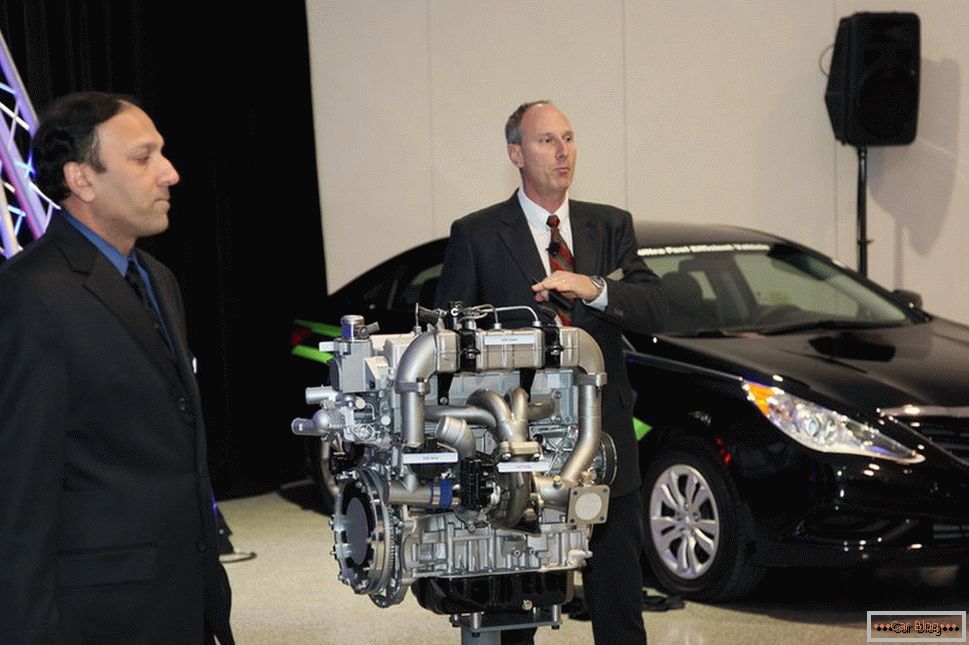
Gas engine с системой HCCI
The high cost of operation
Diesel engines are economical operation. The first advantage is cheaper fuel. In extreme cases, it can be bought from the hands of truck and bus drivers - this will save even more, but the risk that the diesel will be of poor quality increases. In addition to low fuel prices, diesel units themselves efficiently and economically consume it. So, compared to gasoline, it can consume 50% less - and this is not the limit.
As the comparison shows, it is the diesel system that has the lowest consumption in engines with the same volume and amount of horsepower. A two-liter engine with a diesel system installed in a light car consumes about 7 liters of fuel, while gasoline - from 11.
It should be noted that the fuel efficiency of a diesel engine  Discounts for new cars! Profitable loan from 9.9% installments 0%
Discounts for new cars! Profitable loan from 9.9% installments 0%  adom.ru decreases as its volume decreases. So, on a 1.4-liter unit, gas mileage will differ by about a liter - it cannot be called big. Nevertheless, cheaper diesel fuel still allows significant gains in terms of savings.
adom.ru decreases as its volume decreases. So, on a 1.4-liter unit, gas mileage will differ by about a liter - it cannot be called big. Nevertheless, cheaper diesel fuel still allows significant gains in terms of savings.
Another advantage is high reliability and long service life. Diesel engines are less likely to break down, and their resource allows you to travel 2-3 million kilometers, even a truck.
The disadvantages of a diesel engine in terms of spending include the following properties:
- Poor compatibility with the hybrid platform, which does not allow to make the car even more economical and environmentally friendly;
- Modern engines have a complex device and require only high quality fuel. This suggests that saving on the mixture will not work - otherwise you will have to spend a lot more on repairs;
- An improperly tuned or broken diesel engine can consume 2 or more times more fuel than a gasoline engine, in which a similar defect is not so critical.
In addition, the repair of a diesel engine costs significantly more than in the case of gasoline. On average, the difference in the cost of repair can be from 20 to 70 percent - it depends on the specific failure.
Operation in the cold
Riding in the winter is a special situation for a car in Russia. The temperature drops to low levels, which adversely affect the operation of the engine with any type of fuel. The effect of cold on the diesel unit is especially pronounced.
Thus, the performance of the gasoline unit in the cold depends on the battery capacity and the degree of oil viscosity. As for the diesel unit - it depends on the quality of the fuel, which, moreover, thickens in the cold. In addition, unscrupulous refuelers can dilute the mixture with water, which freezes and distorts the fuel system.
In order to avoid trouble with the engine in the winter, it is necessary to use special types of fuel and monitor their quality. An alternative to the mixture for frost are additives that are poured into the gas tank. On some cars, the heating system of the fuel system is installed, but this device significantly increases the price tag of the car.
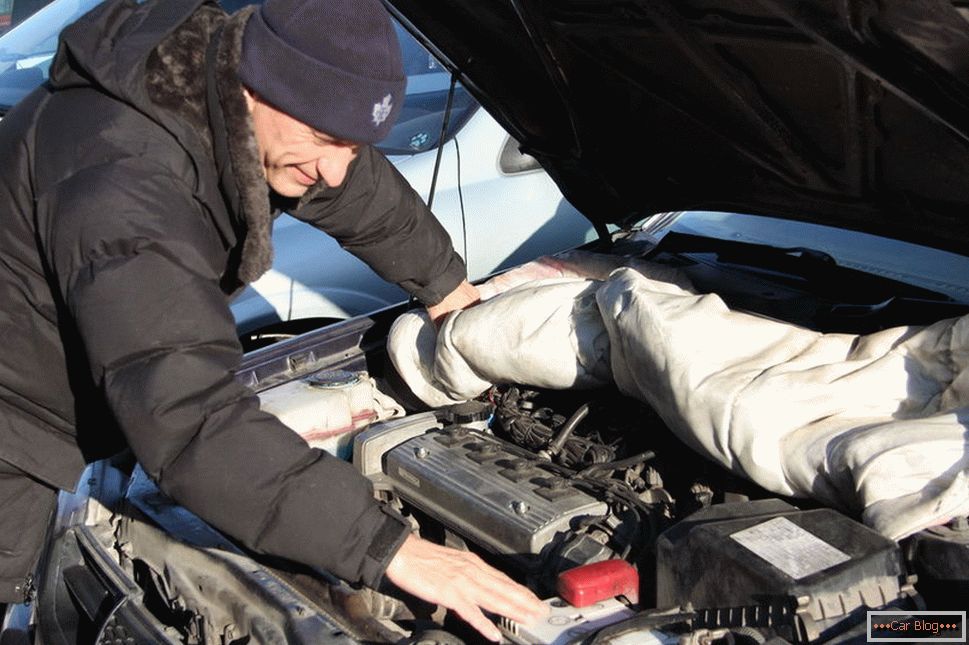
Starting a diesel engine in the cold can be a problem
Service and Repair
The diesel engine is quite easy to maintain. The main thing to consider is that it needs only high-quality components, such as fuel, oil, and so on. All elements must have a label indicating that they are suitable for use on a diesel system. Special attention should be paid to spark plugs. In diesel engines, they have a specific device. The glow plugs are indispensable for creating a working temperature that allows you to achieve a certain degree of compression and, finally, ignition of the mixture.
Despite the minimal attachment of this type of motor to the electronics, its initial launch requires a strong starter. Therefore, it is recommended to purchase a more powerful battery.
Approximately 10 years ago, more money was needed to maintain a diesel system than gasoline. Nowadays, this statement is unfair - the cost is about identical. Diesel engines require more frequent replacement of filters and oil (due to poor fuel quality in Russia), but compensate for these costs in other ways.
Unlike regular maintenance, repair of a diesel engine is a rare, but costly measure. The most expensive element is a high pressure fuel pump. Its repair can cost up to one hundred thousand rubles, while installing a new one can be compared to buying a good used foreign car. In addition, this service, like many others in relation to a diesel unit, is not provided in every service. The reason is the low distribution of aggregates, and, consequently, a small number of craftsmen, since this niche is complex and has low profitability.
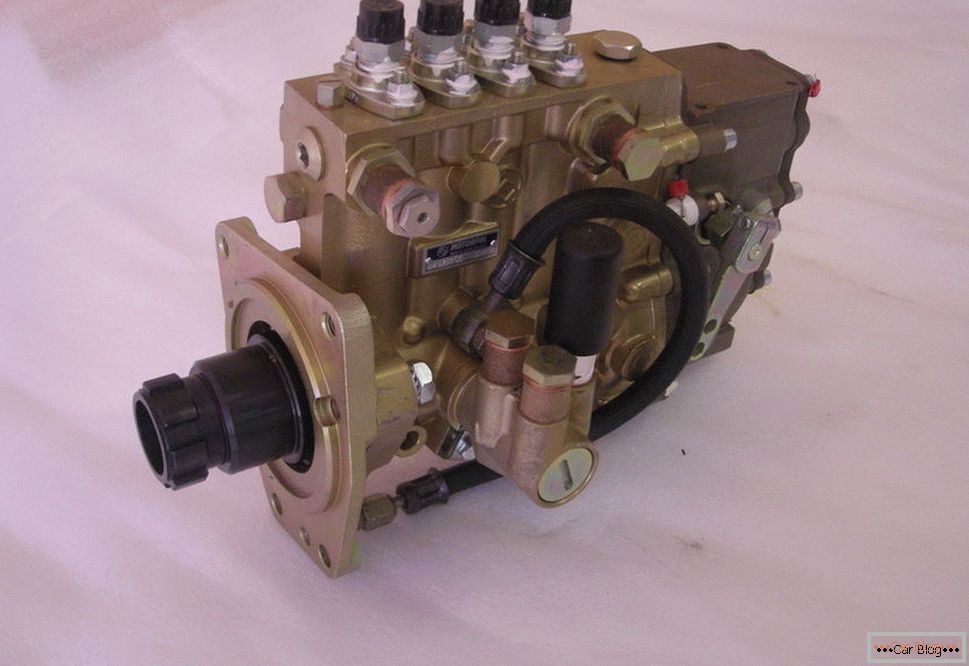
High pressure fuel pump for diesel engine
Gas engine имеет больше потребностей в плане обслуживания. Он нуждается в чёткой отладке системы впрыска топлива и настройки системы зажигания, которая содержит множество проводов, свечи и распределители.
Like a diesel, a gasoline engine is periodically exposed to high temperatures while driving. In the first case, the cooling system, which has the disadvantage of large dimensions, usually copes with the task. At the same time, the owners of the gasoline system are much more common on the side of the road next to their car, from under the hood of which steam comes.
One way or another, both engine types will work normally with proper tuning. Without taking into account the cost of repairs, the maintenance of a diesel and a gasoline car will cost about the same amount.
Security
The gasoline engine is quite fire-hazardous, whereas diesel diesel ignites almost never. This happens because of the characteristics of the mixtures - one ignites on contact with electricity, and the other - at high pressure. In case of leakage of different types of fuel, the driver and those around are at different risks - in the case of a diesel engine, it is practically absent.
As for environmental cleanliness and toxicity, the diesel system is also cleaner. Gasoline vapors contain more harmful substances, and the fuel system burns a smaller amount of the mixture - all this enters the air.
Comfort
Diesel engines have a higher noise level. The reason for this - the explosions of particles that occur at a pressure higher than in the gasoline system. Also, diesel cars have a more intense exhaust with an unpleasant odor. Anyway, these differences are not critical. A few years ago, a diesel engine could be identified by black exhaust, whereas now they may be cleaner than some gasoline engines.
Total
When choosing between the two types of combustion system, the driver must take into account personal preferences and needs, as well as the budget. Diesel engines are more reliable, dynamic and economical to operate, but often less comfortable and expensive to repair. Petrol engines seem to be more balanced, but their everyday use


